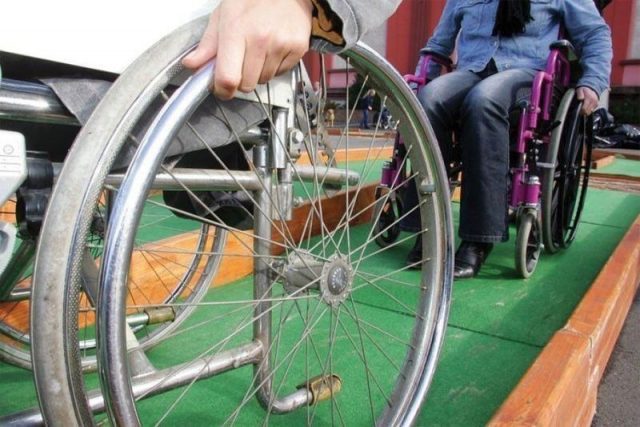DMW bats for green jobs for OFWs in Germany, Finland
THE DEPARTMENT of Migrant Workers (DMW) is enhancing its agreements with various countries to strengthen green jobs, emphasizing sustainability for overseas Filipino workers (OFWs).
In its Overseas Labor Market Situationer report, launched on Tuesday in Makati City, the department said it is working with European nations Germany and Finland to create green jobs for Filipinos.
“This initiative helps expand employment prospects for Filipino workers and extensively aligns with global sustainability efforts by promoting environmentally friendly industries,” it said.
“The DMW is committed to ensuring that the Filipino workforce is equipped with the necessary knowledge and competency to thrive in the green industry, thereby contributing to both the economic development of the Philippines and the environmental goals of Germany,” it added.
It said it is also exploring new opportunities for OFWs in the Finnish market, targeting green jobs and various non-healthcare industries, reflecting the department’s commitment to diversify employment options and promote sustainable development for OFWs.
Apart from the Western nations’ emphasis on green jobs, Asian neighbor Japan is opening its labor market to about 820,000 overseas workers in the next five years, specifically opening for 24,000 taxi drivers, the study said.
Other job opportunities in the archipelago include nursing care, building cleaning management, electronics and industrial machinery, construction, shipbuilding and ship machinery, automobile repair and maintenance, aviation industry, accommodation industry, agriculture, fishery and aquaculture, manufacturing of food and beverages, and food service industry.
“The DMW acknowledges that Japan remains a suitable labor market for Filipinos due to its safety, stability, and straightforward and stringent labor laws and regulations providing more decent working terms and conditions for Filipino workers,” the study said.
DMW Secretary Hans Leo J. Cacdac told reporters on the sidelines of the launch that demand for OFWs stems from countries and employers, who aim to employ quality OFWs. — Chloe Mari A. Hufana











